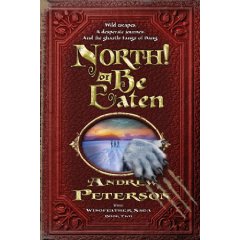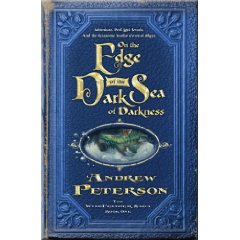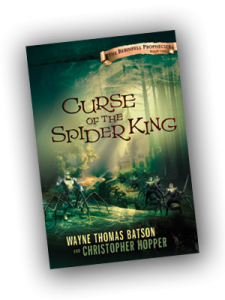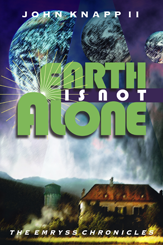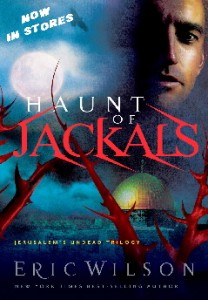This week the Christian Science Fiction/Fantasy Blog Tour has been examining North! or Be Eaten by Andrew Peterson, second in the series called the Wingfeather Saga.
Nearly all of those who blogged on the book so far (see below) liked it. Only one had some trouble getting into the book (but then, it is the second book in a series and he skipped the first book…)
Useful ideas: Participants noted that there is an audio book available inexpensively for the first book in the series (On the Edge of the Dark Sea of Darkness), and that North! or Be Eaten is really a bit too suspenseful for a child under the age of 10.
Becky Miller delved in detail into the plot occurrences that led to the temptation of the future king, Tink, who chucked the king idea and tried to join a den of thieves. I was happy to see this thread developed, because I had missed some of it in the exciting happenings of the book.
Robert Treskilliard pointed out that the Fork Factory in this book evokes Oliver Twist, something I hadn’t quite realized yet.
Chawna Schroeder interviewed the author, asking eight probing questions. One was what are his hopes for his readers?
…I hope the story will help them see the world we live in for the wonder that it is. Most of all I hope they brush up against that holy Other who haunts the world of man and proclaims His truth in stories and art and music. I hope the story pushes them closer to belief.
In a different post, Chawna addressed the disconnect I found between humor and dark suspense in this book, helping me a lot. Here is what she said:
“Yet the same wonderful tongue-in-cheek humor that drew me to the first (book) still adds a delightful dash of tension relief in all the right places, keeping the reader from despairing or getting bored.”
Take a look at what the other bloggers had to say:
Brandon Barr
Amy Browning
CSFF Blog Tour
Jeff Draper
Timothy Hicks
Becky Jesse
Jason Joyner
Julie
Krystine Kercher
Dawn King
Rebecca LuElla Miller
Nissa
Chawna Schroeder
Andrea Schultz
James Somers
Rachel Starr Thomson
Robert Treskillard
Fred Warren
Phyllis Wheeler
Elizabeth Williams
KM Wilsher

